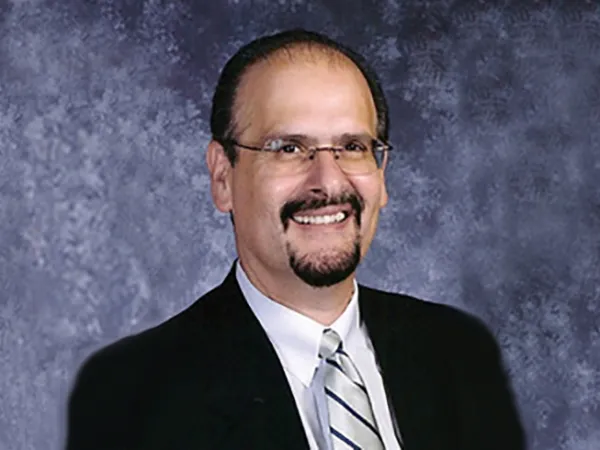Developing local assets into ambassadors
Carlos Azcoitia truly gets it. His two turns as principal, along with experiences as a district official overseeing several units including community schools and parent engagement, have embedded deep values around parent empowerment. His commitment extended beyond his professional roles as educator and administrator–he was a founding member of COFI’s board of directors. Notable in COFI’s model, he says, are the progressive levels of leadership training that prepare parents to move from local organizing projects and into the policymaking arena for delivering outcomes.
So right from the beginning, when I first became principal of Spry Community School in 1990, and then again in 2003, I always had a big connection to community organizing to provide increased opportunities for students and families. We organized for a public library, playlot, community safety, home gatherings, a health facility and many targeted partnerships for neighborhood improvements. That took some time, organizing the community, getting the data, testifying before the commissioners, working with elected officials and planning multiple strategies to getting things done .
In 1995, I was hired to work out of Central Office, and one of the offices that reported to me was Community Schools and Family Engagement. Paul Vallas was CEO at the time and it continued with Arne Duncan. We always met with community-based organizations as a result of this unit reporting to me. And that’s where the partnership was really established. I invited COFI to join one of the district’s school and parent engagement groups, like an advisory board.
What stood out to me was COFI’s level of commitment to providing meaningful parent engagement to the schools in terms of including parents as partners in the education of their children, and including the family, as the best resource for student success. Based on their input at advisory group meetings, our office would follow up with them, their principals, their schools, sometimes taking a look at funding. That advisory board was oriented around making things happen.
We met once a month. Parents shared with us their stories about transformation with their families, with their children’s education, with their engagement in the schools. If parents had issues about their schools, they would rely on my office to follow up. COFI was working with schools in West Town and on the West Side.
I remember a number of successes. Keeping schools open longer and Saturday parent meetings where members of our office and myself would attend. Recess is a more recent success. COFI has been working on that for a long time. And it was successful because they started early.
Parents have to be included as part of the agenda. They have to have a voice. This is about a level of self determination, autonomy and self help along with an integrated approach to student success. How can you do that unless parents are at the table? The people in community—you build on those assets. That’s what COFI is about. You develop your assets and they become your ambassadors. That’s what distinguishes COFI from other places.
COFI was part of the conversation all the time. They were part of the solutions. District leaders paid attention and listened to them. COFI parents came up with action plans to address some of the issues confronting their schools and their communities.
I remember when they brought concerns to my office about challenges around developing working relationships with some principals, principals who considered them to be rabble rousers or dissidents. But remember, I come from a principal’s perspective. So, I value parent input. I understand that parents play a key role in the transformation of schools. The integration of school, family and community is critical for student success.
To change something, parents need to be organized with data first. That’s where organizations like COFI play a leadership role. You also want to do a collaborative approach. If you want to change and transform, you want to present what the problem is and then you want to present viable solutions. COFI presented that whole approach in a meaningful way.
What’s also unique to COFI is the parent development piece, the leadership development and progression of parents. They wanted to have good relationships with schools and with the system to get things done. COFI has an organized process for parents to get training and development. There were graduation ceremonies. It was a formative process that ended up with some kind of connection to the agenda that they brought to the table.
COFI’s approach with parent leaders has led to positive change. Many groups are always critical of everything, and they don’t necessarily connect to something positive. On the other hand, COFI was trying to bring meaningful change by working with the system and also being a community-based organization.
Those of us who connect to this kind of work firmly believe that the greatest influence on the child is the family. And the greatest influence on the family is the community. Unless you work with those three entities in a very close way, no change is going to occur. And I think COFI brings that. In most cases, I recall they had a good working relationship with principals. Principals saw their advantage in connecting to them as a leadership empowerment piece.
At principals’ meetings, I would say, ‘You have to see this role as an empowerment tool by connecting to parents, particularly if you’re looking to impact student achievement. You are not going to be able to sustain it and to do it in a good way, unless you have parents as your allies.’

